Will we see more apps like Uber? 3 trends that will define the future of sharing apps.
How will apps of the future evolve?
It is impressive how many times Uber has been on the top news since its launch in 2008. And here we are, talking about Uber again. Notwithstanding some regulation and political controversy, Uber have definitely topped the list of apps downloaded and it is now valued at more than US$40 billion.
So will there be an avalanche of apps like Uber from now on? Some say apps of the future will be defined by ‘’It’s like Uber for [insert here any kinds of service you want].’’ Let it be a dry cleaning service or dog walkers, we may see fast and easy delivery apps that will enable suppliers to earn some petty cash while customers go completely cashless.
So what trends will shape the future of sharing apps?
-
Smart & effective algorithm
As global distribution of wealth becomes more and more polarised, we will see the concept of sharing economy booming. According to PwC’s projection, the UK sharing economy could be worth up to £9 billion a year by 2025. But before Uber go about offering affordable taxi rides, the business has to feed itself too. So let’s not to forget their most remarkable innovation: smart (or you may call it sneaky) pricing algorithm.
If you haven’t used the app before, I’m afraid to tell you that Uber is not exactly an alternative to expensive cab services. Rather, it uses something called ‘’surge pricing — meaning that during times of high demand, Uber raises its prices, often sharply”. Or some may simply call it price gouging. However price differentiation has always been and will always be around – as long as capitalist market persists.
The logic is simple: it will cost you to hire a cab at the midnight of Christmas with a snowstorm on its way. It is the core mechanism allowing the demand and supply, a.k.a., users and drivers to find the equilibrium point quickly and effectively so that the service is available anytime. Despite all the customer complaints, their algorithm allowing this dynamic pricing is the powerful profit force behind their app.
-
Location-specific approach
Any app businesses need to go global to some extent. But, as proven by apps like Uber, the service that works in a country cannot always be replicated in another.Particularly for sharing apps that are often subject to disputes, they will need to tweak their services according to each cultural and regulatory context.
For example, Uber has taken some more localised approach in some countries like Germany as it tagged with Munich-based Carpooling to provide people with better access to longer distance rides. Meanwhile in New York, it has launched a new courier service called UberRUSH where the app users can deliver small packages from one place to another. Similarly, Uber is taking a more ‘’conciliatory approach’’ in Japan where taxi service is more prevalent and generally good quality. Interestingly Uber registered their service as a travel agency instead of as a taxi service, and has partnered with local Taxi provider to allow customers to book a cab using Uber. Finally the recent news has confirmed that they even do puppy-deliveries to offices in selected American cities.
-
Security
It’s been a long-standing question with no clear solution. When it comes to sharing apps, safety comes to the top priority for many. But we may be coming to reach a more feasible solution like this one: AsterRide whose InstaAlert feature is ‘designed to help passengers notify friends or family that they’re in a taxi and to send an update once the rider arrives at a destination in one piece’. These apps feature panic buttons and passenger tracking to minimise the potential risks while also looking to increase the security check of drivers and creating ‘all-female drivers fleets’. Though the company is still small in scale, apps with a safety alert functionalities may hold the answer to the safety debate.
So, will we see more service-centred apps?
Some say we are in the age of apps functioning as service providers. So the answer is likely to be positive. Besides they will soon become easier and intuitive to use – in a sense we won’t need apps in a form of chunky bulky square. Rather, they will soon act as notifications automatically open itself and inform you about the real-time services based on locations, history of use and so on.
What do you think?
Appnova is a digital agency specialising in web design, UX, eCommerce, branding, digital marketing and social media.
Keep following us on Twitter @appnova and “like” us on Facebook for useful news and tasteful digressions about geeky stuff.
Subscribe To Us
































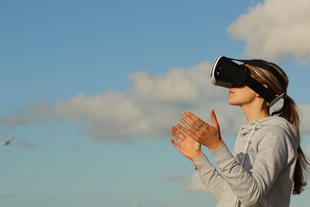




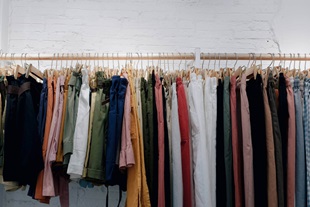








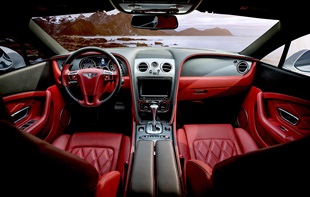



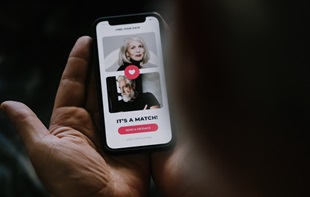
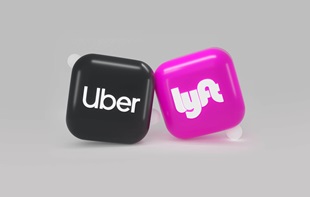

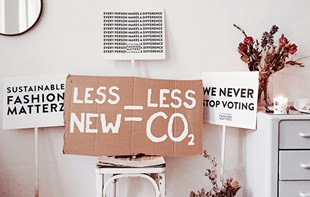







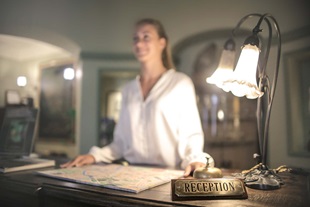









![The generation of me, myself and I – Me-commerce will remain strong. [Infographic]](/-/media/Appnova/BannerImages/mecommerce-cover/mecommerce-cover/The-generation-of-me-myself-and-I--Mecommerce-will-remain-strong.jpg?mw=310)



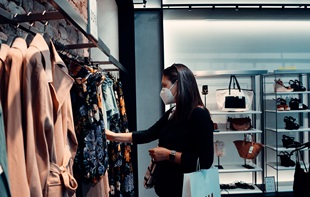






.jpg?mw=310)

0.Comments